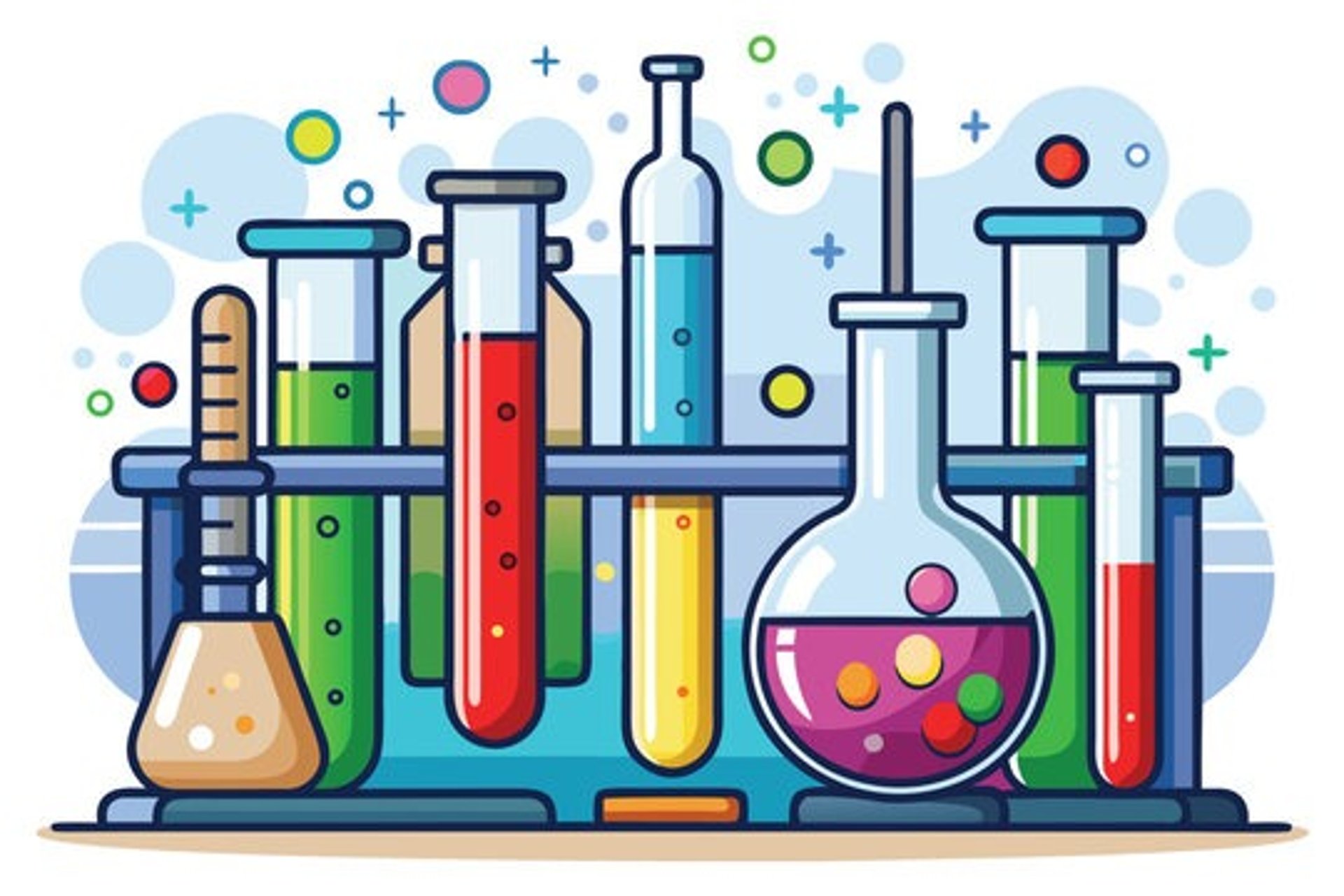
Consumables that are used routinely in laboratory activities such as experiments, analysis, and testing, and must be discarded after use or have limited usability.
Examples include filter paper, test tubes, pipette tips, syringes, and various reagents. The use of consumables aims to ensure reliability, accuracy and prevent cross-contamination in research or testing.
CONSUMABLE Laboratory
Filtration
Filtration is a basic and important technique when it comes to the laboratory world. Filtration is used to separate solid particles (fluids) such as liquids and gases. The purpose of filtration is to clean the sample from impurities so that it produces the best sample, and researchers will get more accurate analysis results.
Vials
Vials are essential for various purposes, including sample storage and environmental applications. They are available in both clear and amber options and come in a range of volume sizes: 4 mL, 12 mL, 22 mL, and 40 mL. The vials are paired with caps that come in both open and closed top designs. The open top design has a septum which is pierceable whether it be in an autosampler or by manual injection while the close top is completely covered eliminating access to the sample unless the cap is unscrewed.
The 40 mL vials are most common, especially in environmental applications such as water and soil testing. Storage vial kits, including vials and caps in one box, are ideal for fieldwork, making sample collection, securing, and transport to the lab easy.
Clean Room
A clean room is a room that has strict control over particle contamination, microorganisms and chemicals. In a clean room, the level of cleanliness can be measured by the number of particles in the air of a certain size. Clean rooms are generally used in industries such as pharmaceuticals, biotechnology, electronics, and scientific research. This clean room is equipped with a sophisticated ventilation and filtration system to maintain air quality.
Plastic Consumble
Disposable plastic consumables are commonly used in laboratories for a variety of applications, including sample collection, preparation, processing, and storage. These consumables are typically single-use, which helps prevent cross-contamination between different experiments, ensuring that each experiment's results are not affected by residues or microorganisms from previous trials.
Disposable plastic consumables are essential in laboratory settings to ensure sterile, efficient, and cost-effective operations. They are used in a wide range of applications, from sample storage and handling to microbiological testing, chemical reactions, and diagnostics. These plastic consumables provide reliability, versatility, and ease of use for various laboratory procedures.
range of reliable laboratory supplies such as high-throughput tips, low-retention filter pipette tips, microplates, PCR plates, cryovials, flasks, test tubes, Petri dishes, centrifuge tubes, etc. ensuring efficiency, accuracy, and safety in various research and clinical applications.
